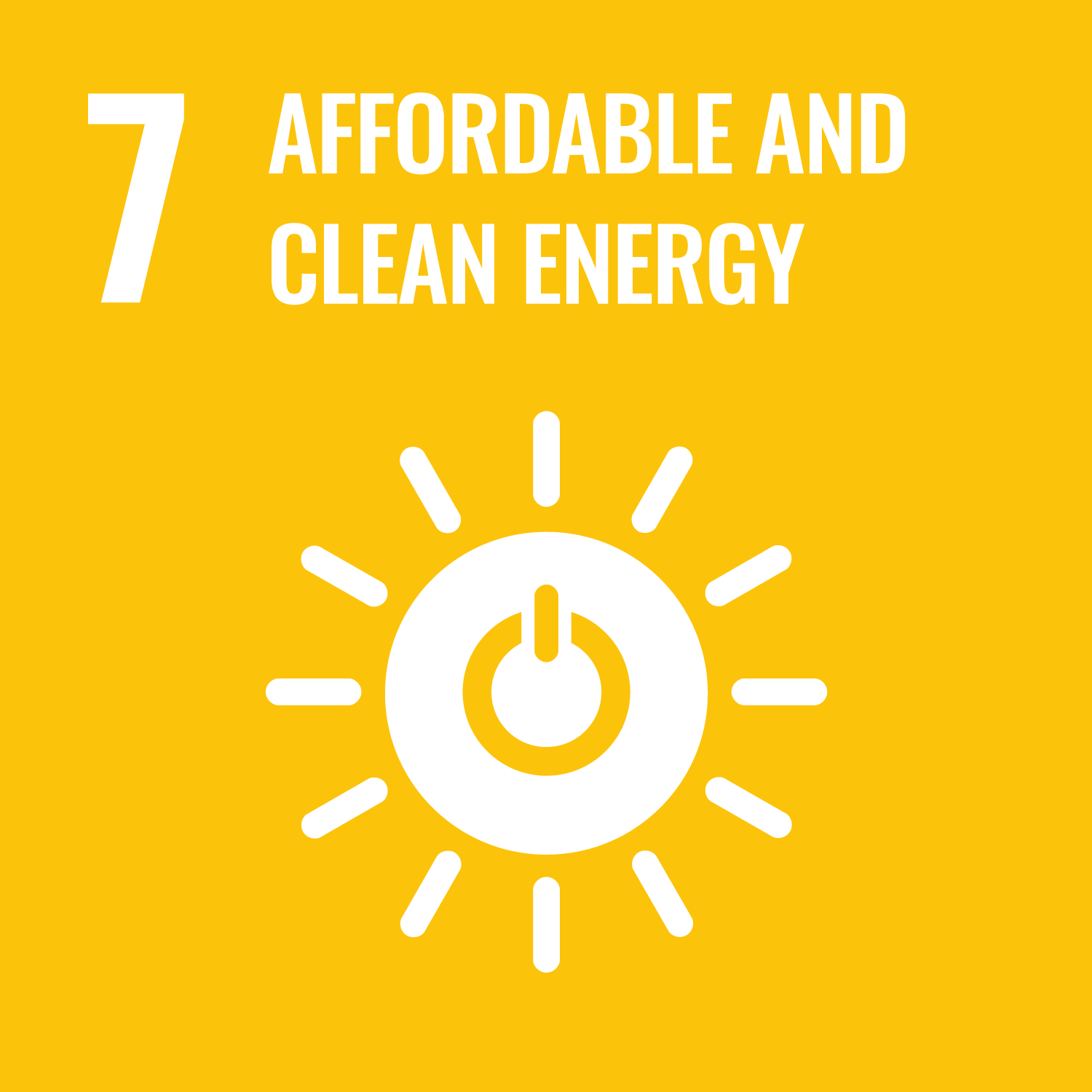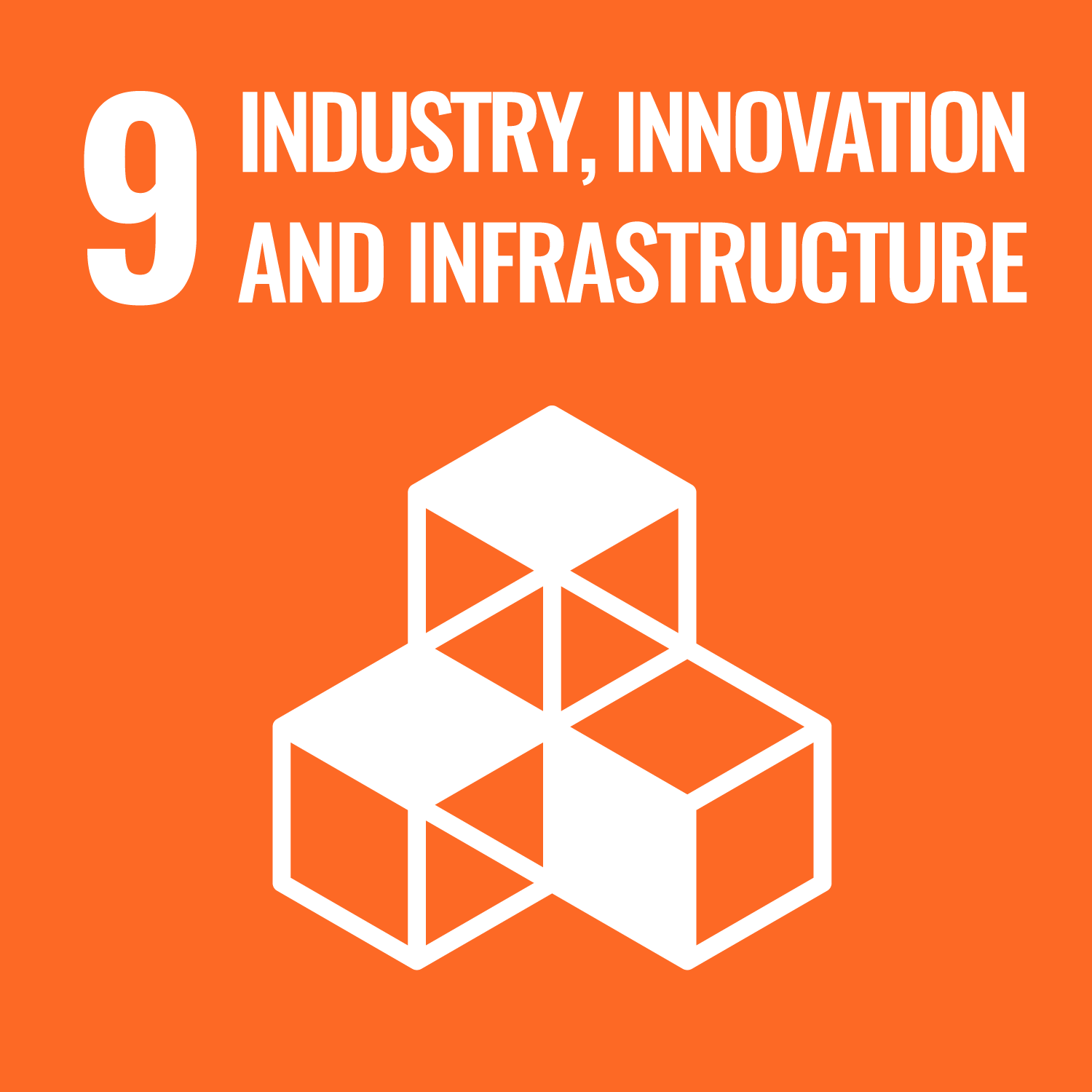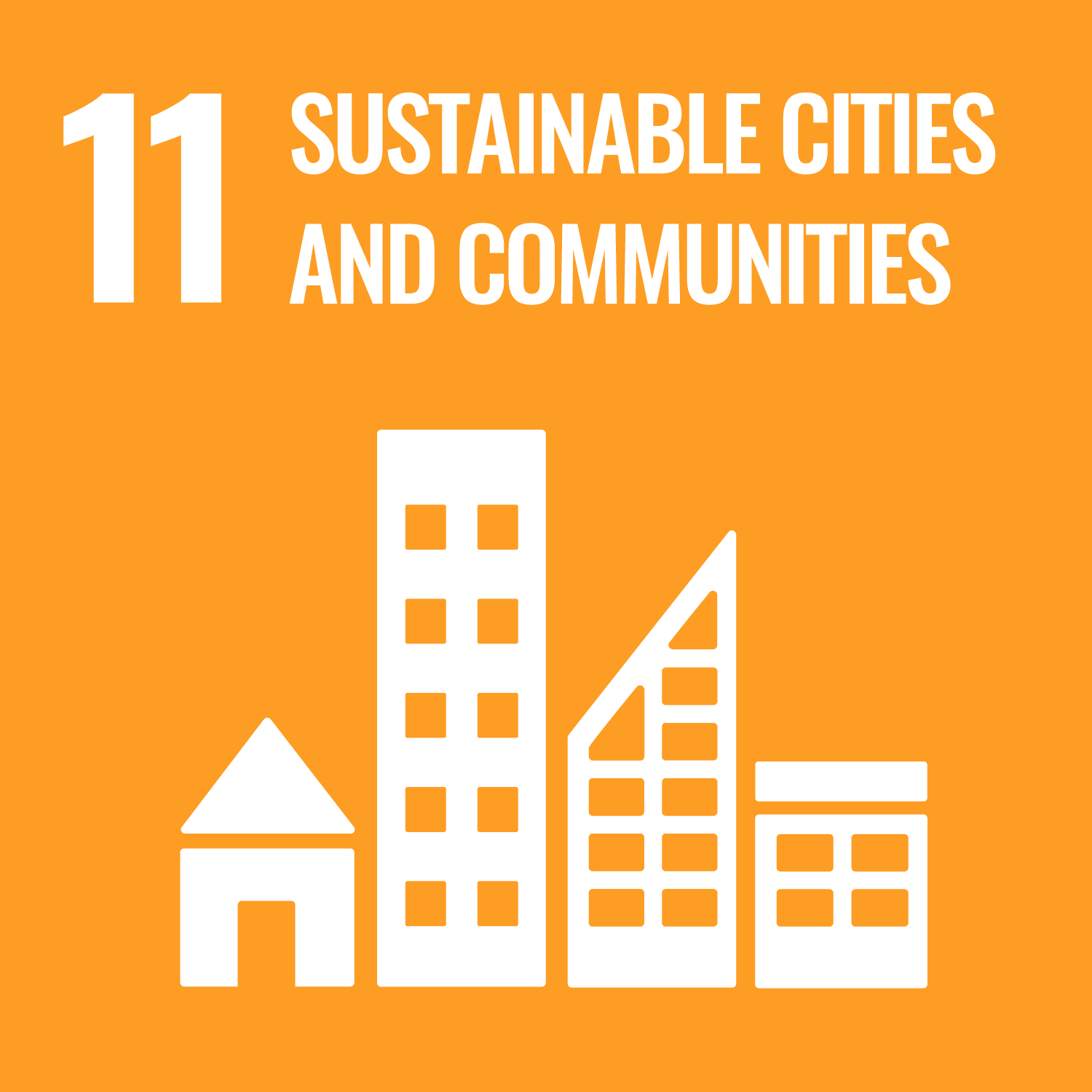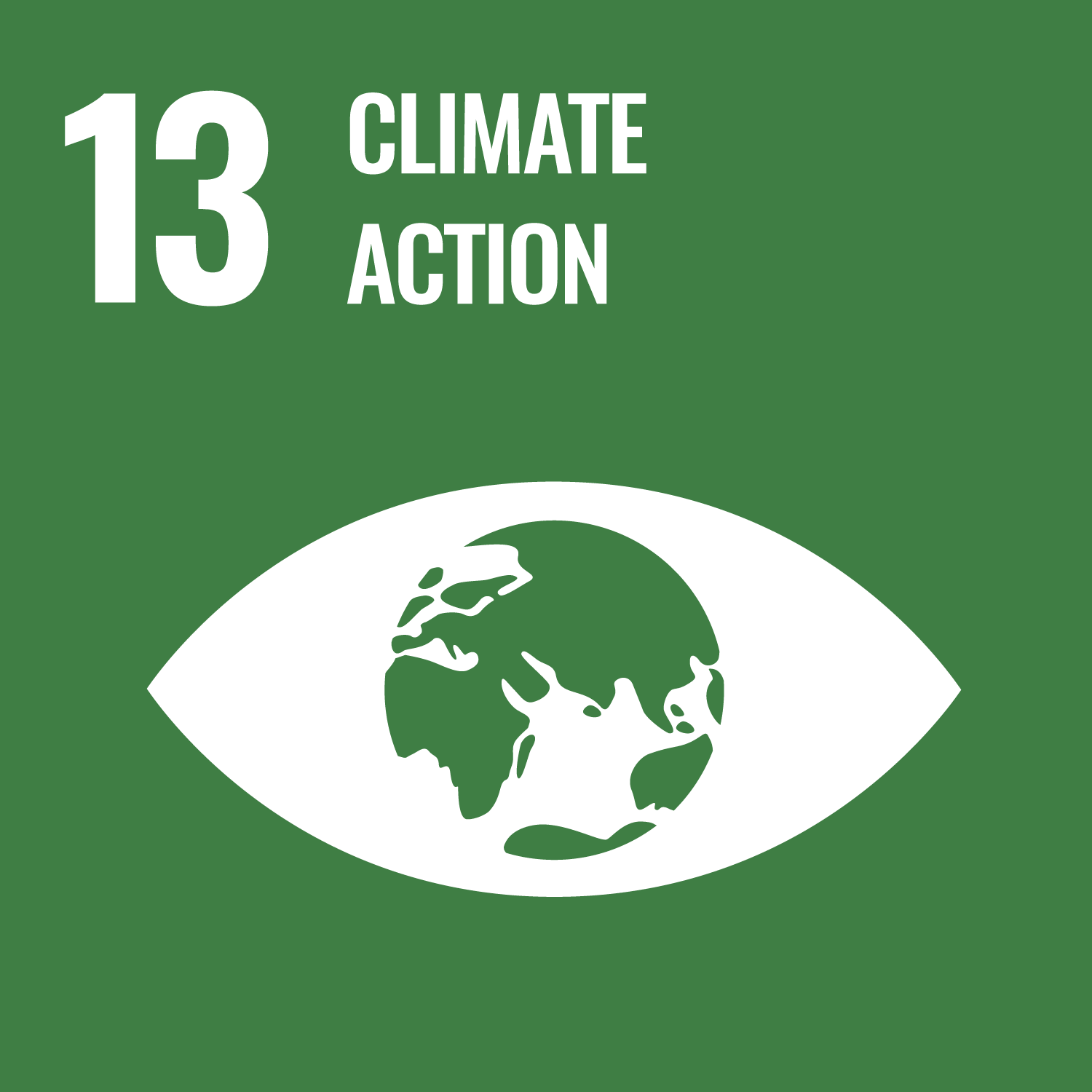LCS-FY2020-PP-14
Proposal of Control Method for Compensating Communication Delay in Load Frequency Control Using Electric Vehicles
Summary
Due to the output fluctuation of renewable power sources depending on climate situation, serious concerns are arising on frequency stability accompanied by large integration of renewable energy sources. The utilization of electric vehicles (EVs) is considered to be one of promising solutions in frequency regulation especially in load frequency control (LFC) domain because of the fast-response characteristics of the EV batteries.
However, the EV aggregators (EVA) participating in LFC regulation market may suffer from communication delays caused by the open communication infrastructure. In this document, a control method is proposed to compensate the communication delays for EVAs in order to improve the performance of frequency regulation of EVs.
We proposed the novel method estimating the relationships between the LFC control signal and the frequency deviation in the system from historical data. Then the system was assumed to control the EVs directly through the real-time frequency deviation in power systems which apply Flat Frequency Control (FFC). Since the implementation cost is small, EVAs are expected to be more competitive in the frequency regulation market.The performance improvement is verified by dynamic simulation on AGC30 model in Simulink and evaluated based on performance scores. The performance scores of EVA increased significantly in the simulation, and the system frequency fluctuation was concluded to be reduced by applying the proposed control method. The investigated results implied that the proposed method for the load frequency control by EVAs is promising to be adopted after 2024, when the frequency regulation market will be opened in Japan.
Taking the contents of the paper [1] into consideration, the author derived the implications in this document for policies that lead to the realization of a low-carbon society, as well as policy proposals.




